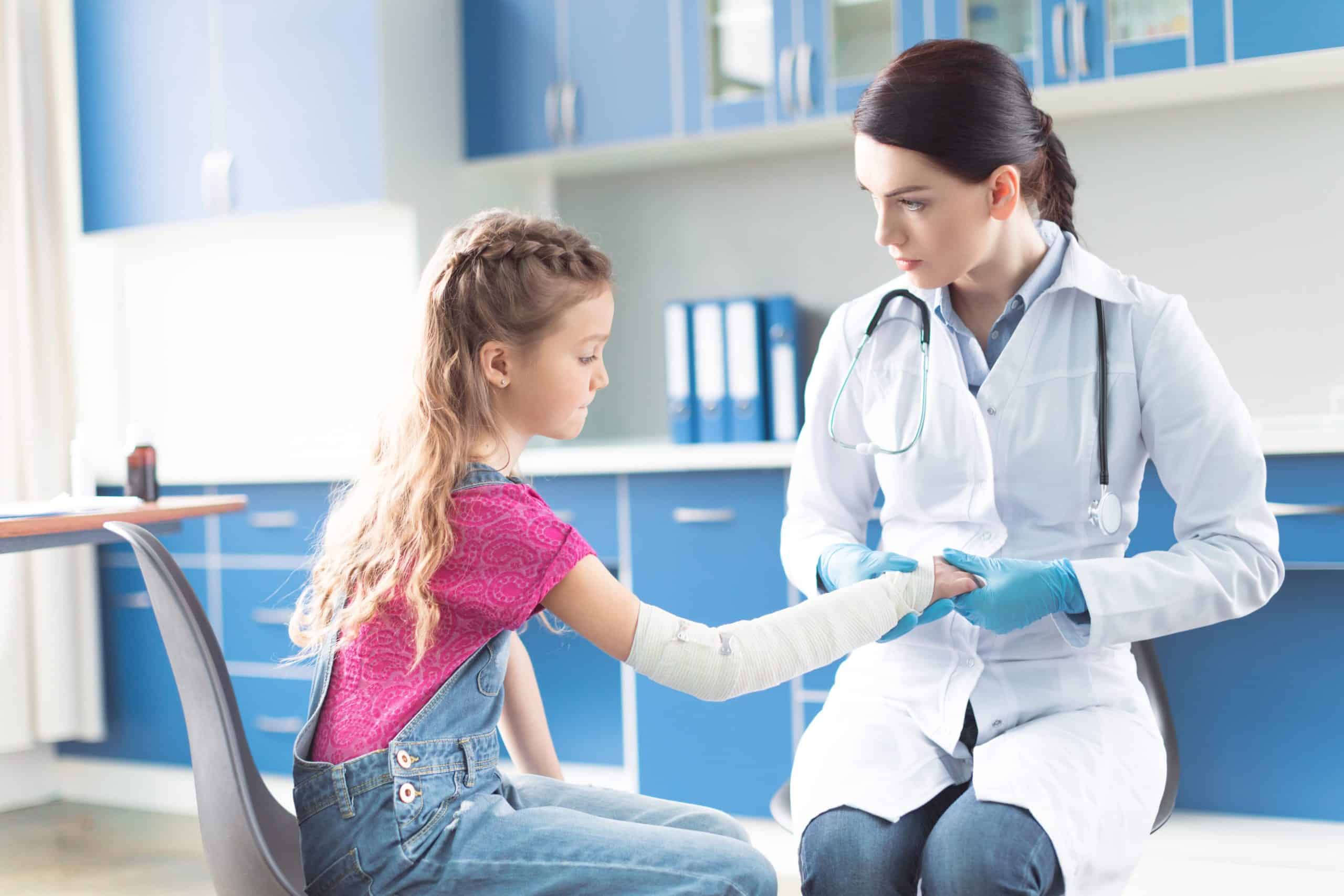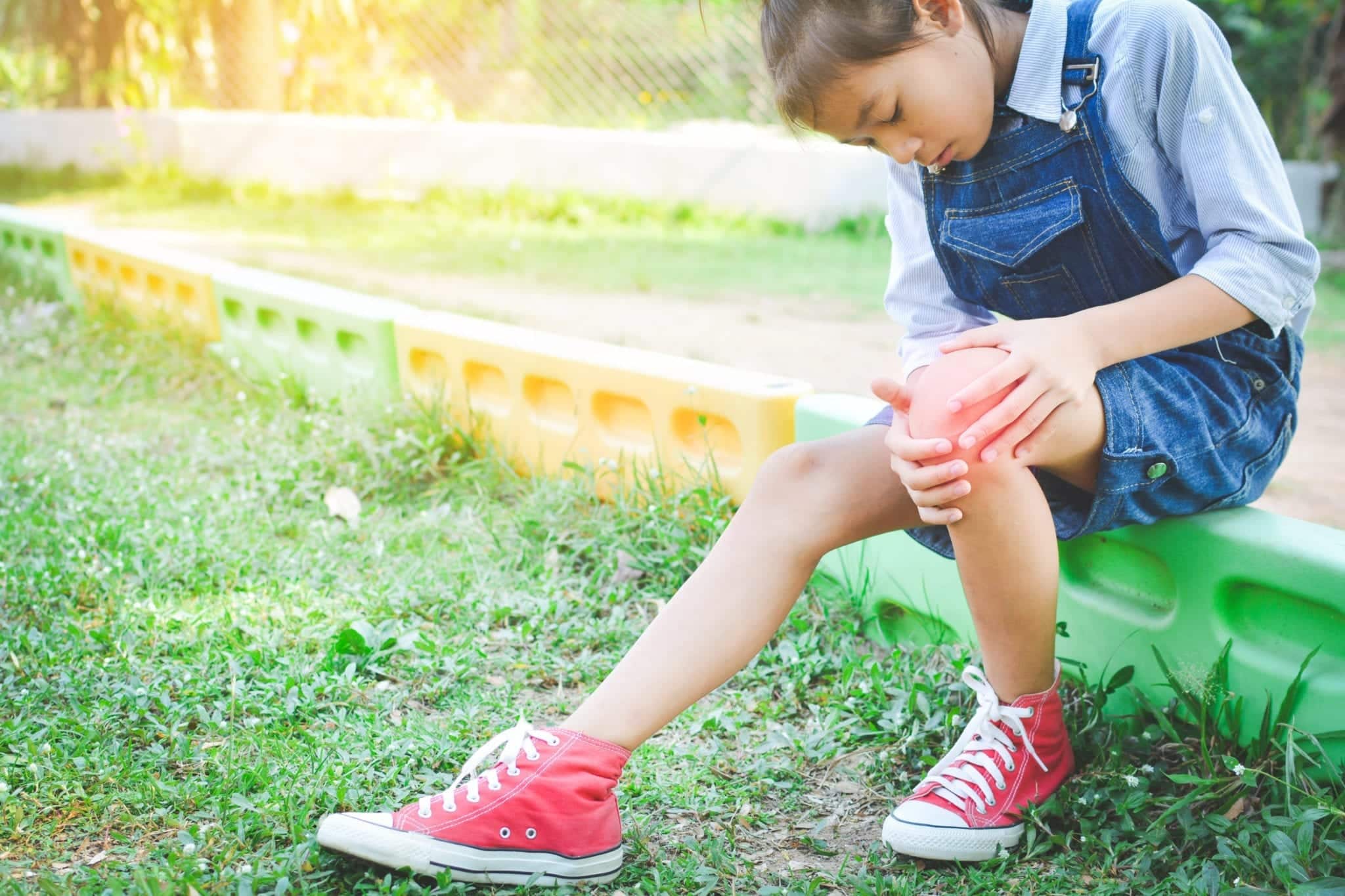What to Know If Your Child Is Injured at a Florida School
School accidents happen all the time – after all, kids will be kids. Four out of five elementary school children will visit the nurse at some point, with injuries like scrapes or allergy-related issues like nosebleeds.
Nurses can deal with most issues, and you will not have to worry about them after your child gets home from school that day. In certain cases, however, a trip to the nurse isn’t enough to deal with your child’s injuries. If your kid suffers a serious school injury, it could lead to doctor’s appointments, prescriptions, and other costs.
Below, we’re going to tell you what you need to do to make sure your child is able to fully recover after an injury at school. If costs are piling up, one thing that can help enormously is getting compensation through a lawsuit.
What will you need?
Information About the Incident
When your child or the school nurse tells you about an injury at school, make sure you gather all of the information about the incident. Even if your child bumped their head, you should ask specific questions to find out details like:
- What happened
- Where and when the injury took place (During school hours? On school property? On a field trip?)
- Who was present at the time of the injury
- What actions were taken to help your child
- If any other children were involved
Many injuries may appear to be no big deal at first, but if they progress and cost you in the long run, you will want to have all of the details documented as soon as possible.
The context of the injury will help you if you need to take your case to court.
Talk to the school nurse if possible. Get the details on what he or she did to check up on your child, what medications or treatments were used to address the injury, and whether or not they have suggestions for you over the next few days.
Extra Symptoms After the Injury
Let’s go back to the bumped head example. If your child comes home from school after falling on the playground, they may appear to be okay. However, they may start to feel dizzy over the next few days.
This is important to know, because the symptoms of a traumatic brain injury (TBI) include:
- Blurriness or double vision
- Nausea
- Persistent pain
- Mood swings or personality changes
- Diminished senses (taste, smell, etc.)
If the school nurse did not seek additional medical attention for these symptoms, or you notice these symptoms when the school nurse is unavailable, take your child in to a medical professional.
Once you start to seek extra attention to these symptoms, document and record your actions. All of the costs relating to this injury may be included in your final settlement.
Of course, TBIs are not the only injuries that could occur at school. Other common injuries that may require further attention include:
- Cuts and scrapes (infections may require medication)
- Allergic reactions (if the allergies are due to mold or substances throughout the school, you may need this investigated)
- Falls that affect other parts of the body (your child may have sprained or strained something; if it is not treated properly, it could lead to further injuries)
When Is It Time to Talk to a Florida Personal Injury Lawyer?
Injuries and illnesses can cost tens of thousands of dollars. If your child was not responsible for the injury, you may be able to receive compensation through a personal injury lawsuit.
Let’s go back to the bumped head example one more time. If you are paying thousands of dollars in hospital visits and treatments, your insurance may only cause so much.
What if you found out that your child bumped his head because they were in a fight at recess that was not broken up by school supervisors? Or that your child bumped their head after falling off of broken playground equipment?
In these cases, your child may not be at fault for their injuries, and consequently, you may not be at fault for your financial damages. Schools that cater to children of all ages (including daycares, private schools, etc.) have a responsibility to keep your child safe, healthy, and out of harm’s way.
This includes properly addressing injuries when they occur and preventing them by keeping the property up to health codes. If you know that a breach of this duty caused your child’s injury, it may be time to file a lawsuit.
An injury lawsuit will take a look at the incident and who could be considered “at-fault” or liable for the incident. However, personal injury laws may determine that liability for your child’s injuries cannot be given to certain public schools. If the injury occurred after school hours or just outside of school property, you may also have to direct your lawsuit at another negligent party.
If you are unsure or have questions, reach out to a personal injury lawyer that offers free phone consultations. Explain the situation and what financial damages or losses that came from your child’s injury. You may even be able to file a personal injury suit due to emotional distress or other types of pain and suffering.
About the Author:
Andrew Winston is a partner at the personal injury law firm of Winston Law. For over 20 years, he has successfully represented countless people in all kinds of personal injury cases, with a particular focus on child injury, legal malpractice, and premises liability. He has been recognized for excellence in the representation of injured clients by admission to the Million Dollar Advocates Forum, is AV Preeminent Rated by the Martindale-Hubbell Law Directory, enjoys a 10.0 rating by AVVO as a Top Personal Injury Attorney, has been selected as a Florida “SuperLawyer” from 2011-2017 – an honor reserved for the top 5% of lawyers in the state – and was voted to Florida Trend’s ”Legal Elite” and as one of the Top 100 Lawyers in Florida and one of the Top 100 Lawyers in the Miami area for 2015, 2016, and 2017.
 The Many Different Ways Cruises Can Be Dangerous
The Many Different Ways Cruises Can Be Dangerous 


















